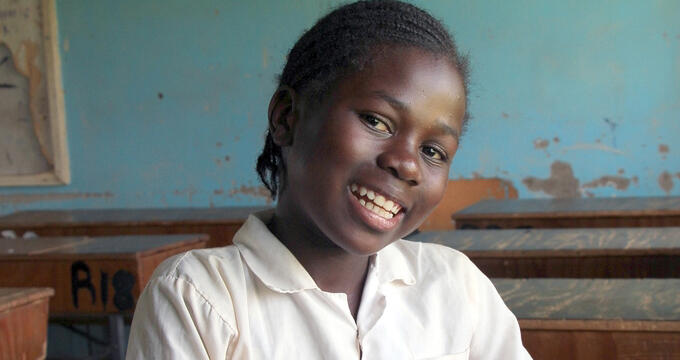
Sexuality education offers life-saving lessons to Zambia’s young people
“I have seen girls become pregnant, become victims of violence and become HIV-positive, and I don't want to become one of those girls,” said 13-year-old Lydia Mwelwa, a student at Kabulonga Basic School in Lusaka, Zambia’s capital.
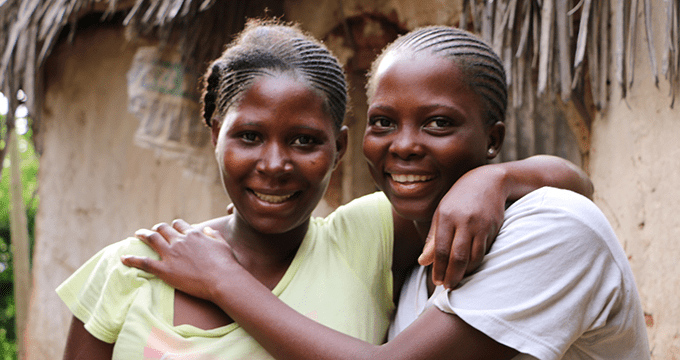
Teen mothers in Kenya become powerful advocates for change
Purity Bahati was only 15 when she started dating her boyfriend, a 28-year-old man. “He told me he loved me, and I believed him,” she said. She was pregnant by the time she was 17. The pregnancy forced her to drop out of the public school she attended in Kenya’s Kilifi County. “My parents were so furious with me, and they kicked me out of their home,” she said.
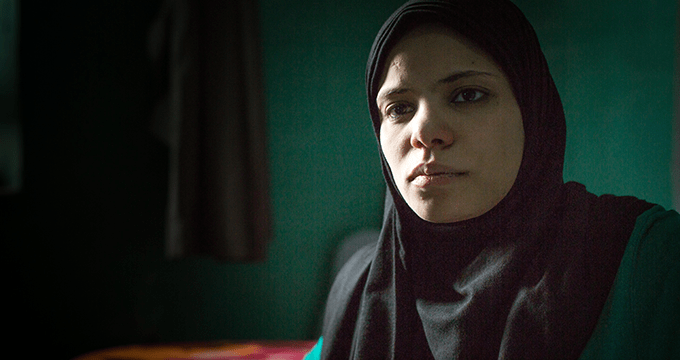
Efforts to end FGM must be intensified, leaders urge
“I will soon be the happy mother of a baby girl,” Shaimaa Ahmed Ali told UNFPA in Egypt last summer. “I will definitely not have her circumcised. My husband and I agree on that. She will grow up to be a strong and healthy girl!” Ms. Ali is part of a growing number of women and girls who are rejecting female genital mutilation (FGM), a harmful practice that is alarmingly common in Egypt and around the world. Some 92 per cent of married Egyptian women and girls, aged 15-49, have been subjected to the practice, according to a survey from 2014.
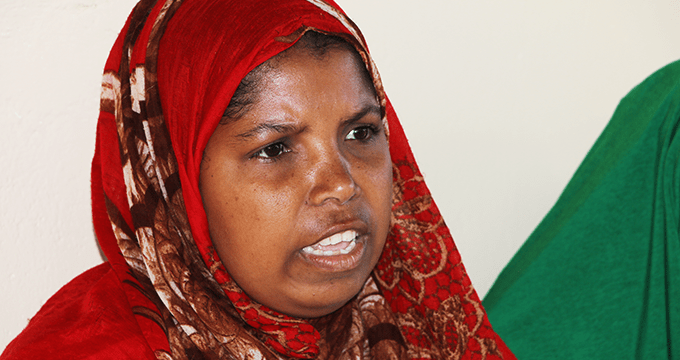
Pregnancy complications take one woman from island paradise to nightmare at sea
Aisha Tiro Bahero, 30, knows what it means to stare death in the face. Three years ago, while pregnant with her fifth child, she began to haemorrhage dangerously. “I couldn’t stop the bleeding. No one could,” she said. But there were no health facilities on the idyllic tropical island where she lived – Kiwayuu, part of the Lamu Archipelago off the northern coast of Kenya. The nearest hospital was an hour away by motorboat, over wild ocean waves.
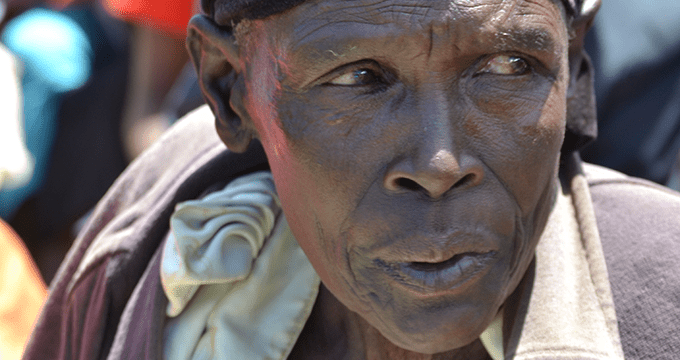
Former Ugandan circumciser says she will never go back to performing FGM
For decades, Turutea Chelangat was one of the most famous circumcisers in the village of Kaworyo, in eastern Uganda. She cannot remember the how many girls she performed female genital mutilation (FGM) on. “There were very many,” she said.